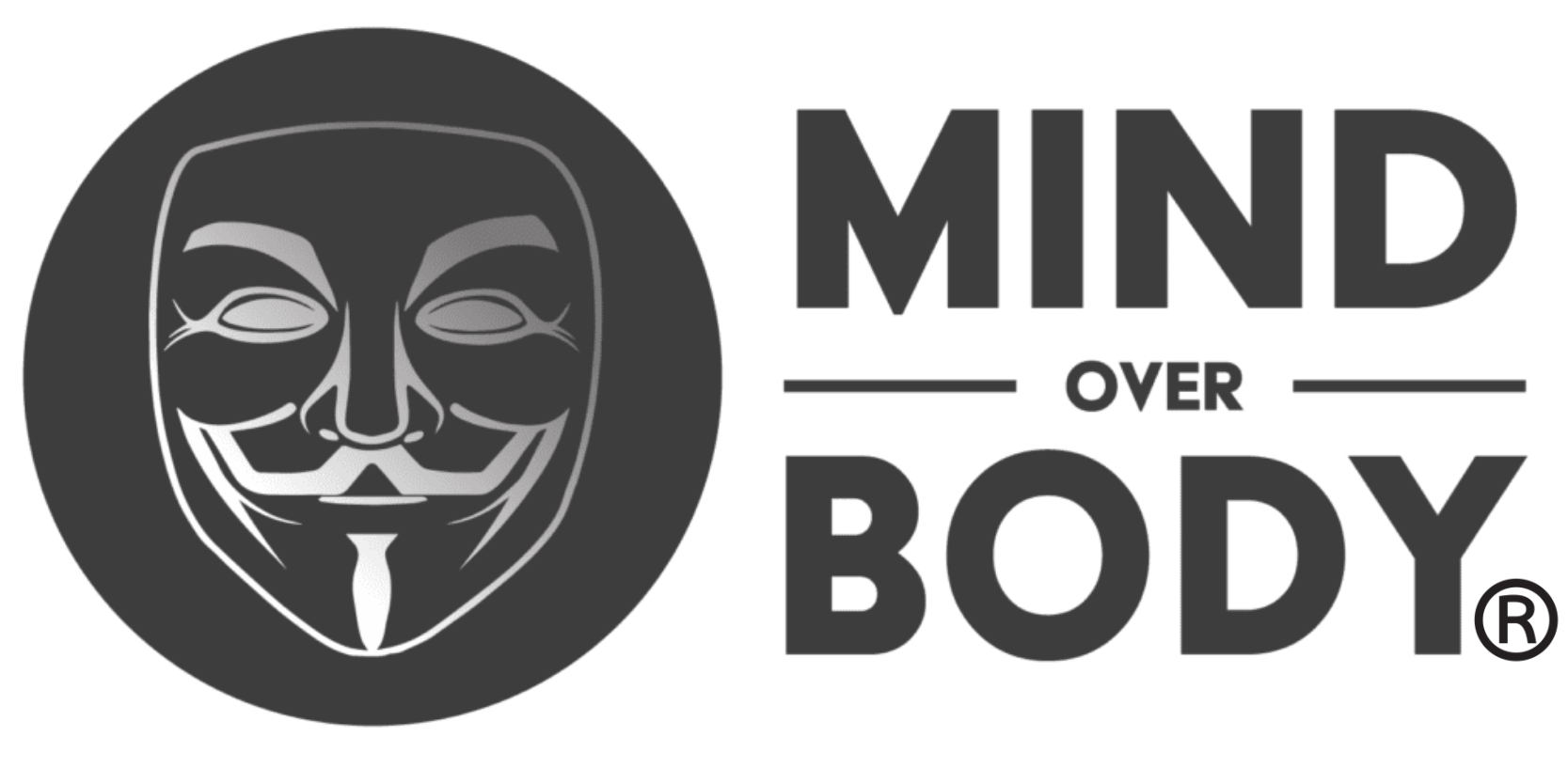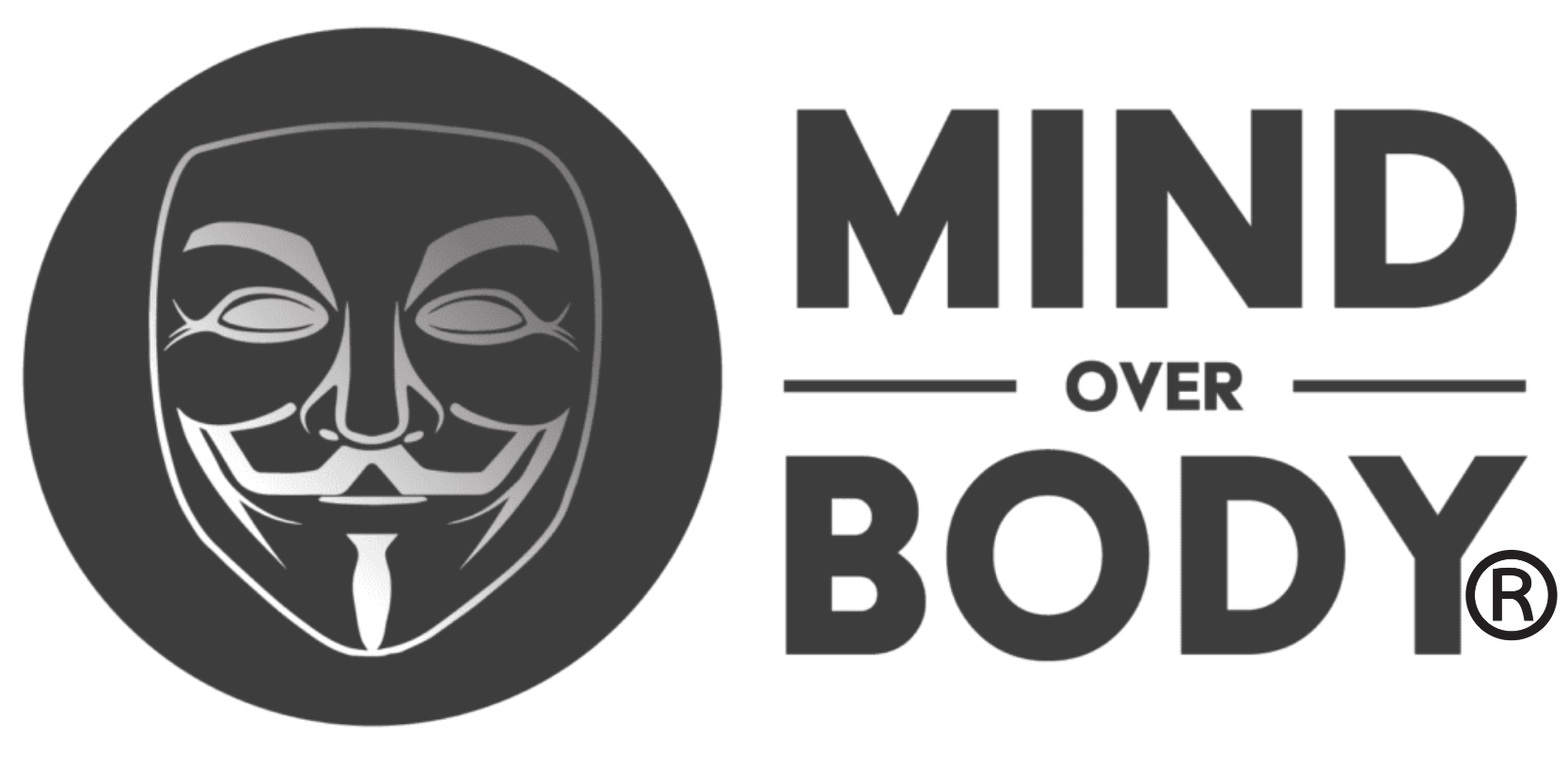You are what you eat. Have you heard this saying before? Today we are going to explore the
whole meaning behind the saying and how it relates to eating not only for pleasure, but for the
nutrients and energy your body needs.
Let’s dive into the phrase and see what we can discover about this expression. The phrase
was formed and shaped by three gentlemen, Anthelme Brillat-Savarin, Ludwig Andreas
Feuerbach, and Victor Lindlahr. The first recorded writing of the saying was Anthelme Brillat-
Savarin. He was a French lawyer who was writing about the food people were consuming daily.
Ludwig Andreas Feuerbach was a German writer about the same time as our French lawyer, who
was also concerned with the nutrition and the type of foods that people were eating. Victor
Lindlahr was an American who religiously believed in consuming foods that required more
energy to digest and absorb than the calories they contain, which includes a variety of low-
calorie, nutrient densed foods (like fruits and vegetables), which is known as the catabolic diet.
All three of these gentlemen were worried that the amount of lower quality foods circulated
within the economy and consumed among the people, as they were confident it was causing
diseases and infirmity. Food for the three gentlemen was meant to endure ourselves and sustain
our bodies when we perform strenuous activities such as exercise. The food we select and
consume, impacts on how we perform. Therefore, what you eat influences how you feel and
execute activities, which formed the phrase and meaning of, “you are what you eat”.
Americans are obsessed with fad diets that make you limit food groups or obsessively
consume a certain food group. This can cause an unhealthy relationship with food and cause
more damage mentally and physically to your health. Americans are also obsessed with junk
food like potato chips, candy, fast foods, and sodas. We know that these things do not leave you
feeling satisfied, rather they make you often feel worse and sluggish. Eating junk food will only
cause poor digestion and will make you crash throughout the day. You need energy to complete
the everyday tasks, whether you are a student trying to get that degree, a parent that provides for
their family, or that athlete trying to win a metal. Consuming lean meats, like fish and chicken,
fruits and vegetables, whole grain breads and cereals can provide us with the nutrients that we
need without giving us the feeling of being on an unhealthier diet. All these foods are a great
source to include in every meal, everyday as they help you sustain that energy, keep your feeling
full and satisfied, keep your gut healthy, provide the vitamins and minerals that your body
craves, and helps keep you tackling your daily activities at your best.
Another aspect that is important in choosing your daily intake is caffeine and sleep. We
need sleep to recover from workouts and help keep your body regenerating what it needs to stay
healthy mentally and physically. Many people will choose an energy drink when they start to feel
sluggish in the middle of the day. The problem with consuming energy drinks is that people are
putting harmful elements into their bodies, as well as unnecessary caffeine and sugars. Finding a
balanced intake and letting your body get the sleep it needs to function is what we all should be
striving for. Caffeine and sugars can interfere with preparing the body to rest properly which can
cause a domino effect of restless nights, feeling fatigued during the day, and increasing our risk
of developing harmful habits. Caffeine can also elevate blood pressure and increase anxiety if
consumed often and too much. Trying to limit caffeinated beverages to 120 mg/day and stop
consumption in the afternoon can be beneficial to let the body rest when it is ready to in the
evening.
While I have spoken at length about the reasons that you should choose a healthier diet, I
have not yet addressed the mental health aspect of food. Mental health is an important part of any
healthy lifestyle and our society is becoming more aware of how significant it is to our health.
Things you can do to help manage your mental health through food is eating a balanced meal
with nutrient densed foods and a variety of fruits and vegetables, plenty of water, not skipping
meals, or cutting out any food groups. Omega-3 can help with brain health and is found in fish
and supplemented. As I have stated, water, lean proteins, whole grains, vegetables, and fruits are
all good supporters to help maintain the body running as smoothly as possible. If you are a
victim of stress/binge eating, or any eating disorder, reach out to a professional doctor and
registered dietitian to help you manage this issue, as you are never alone.
All in all, food has a huge impact on us as a whole. The amount of food we take in, plus
the type of food we take in, affects us all. The objective is to choose food that we will use to
sustain and fuel our bodies properly, rather than just short moments of pleasure. Make the choice
today to become the healthier version of yourself



